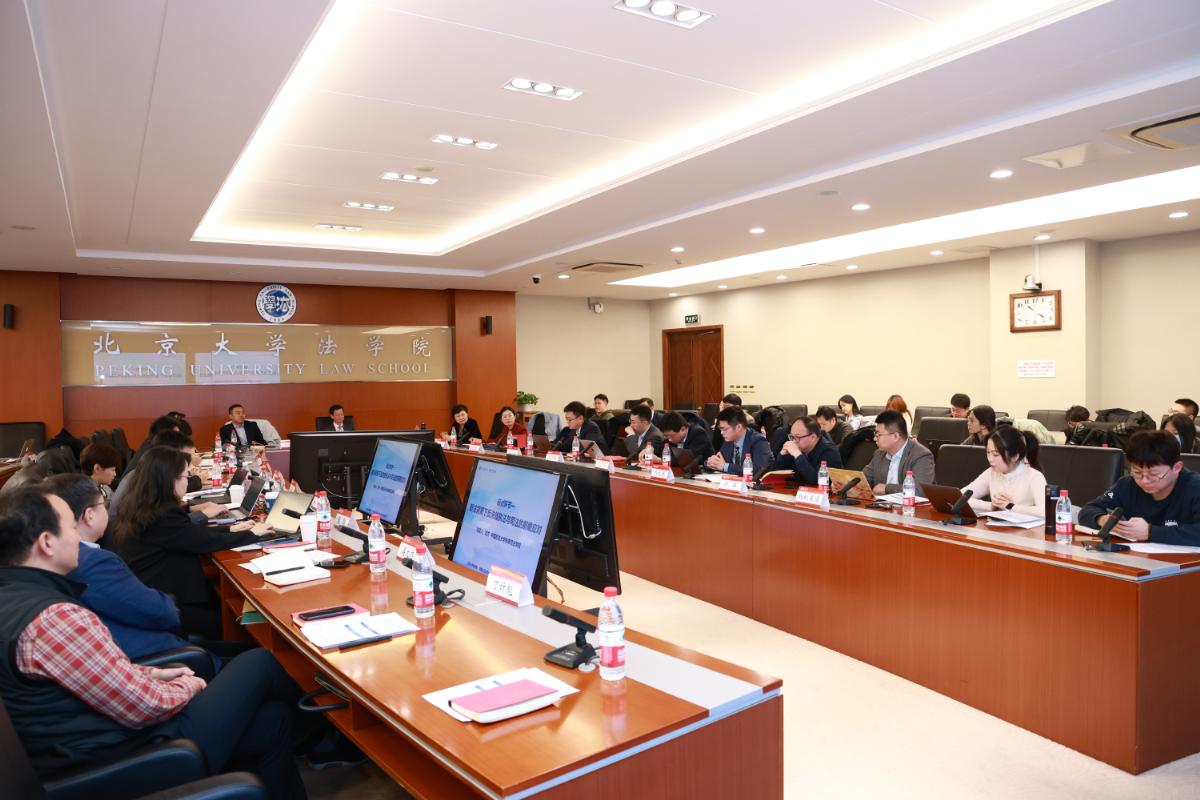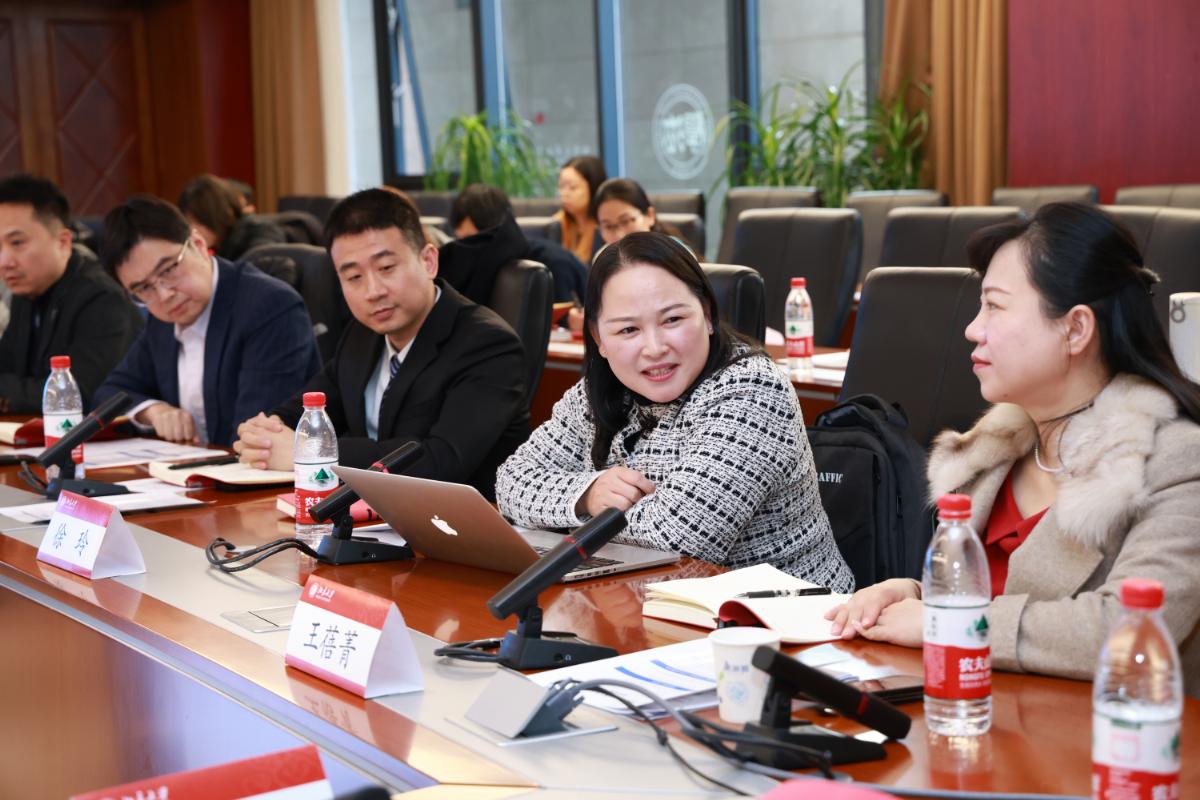China strengthens wildlife protection through new Anti-Money Laundering Law
As wildlife crime syndicates continue to exploit financial networks for their illegal activities, China's newly revised Anti-Money Laundering (AML) Law is a powerful step forward in protecting endangered species and ecosystems.
Effective from 1 January 2025, the updated AML Law aligns with international standards to tackle the evolving challenges of money laundering. Beyond combating financial crime, the law includes measures aimed at disrupting the financial operations of wildlife trafficking syndicates.
This development is critical in the global effort to curb illegal wildlife trade (IWT), which poses one of the greatest threats to biodiversity.
On 29 December 2024, TRAFFIC collaborated with Peking University Law School to host a high-level forum in Beijing, bringing together 50 stakeholders from government agencies, financial institutions, academia, and NGOs. The event highlighted the importance of integrating AML strategies into the fight against wildlife crime.

Ms. Ling Xu, Director of TRAFFIC China, presented findings from TRAFFIC's report, Analysis of Trafficking of Protected Wildlife and Their Products in China from 2017 to 2021. She emphasized the need for financial institutions to actively monitor and report suspicious transactions linked to wildlife trafficking, calling for increased vigilance and cross-sector collaboration.
A post-forum survey revealed that 88% of participants gained a deeper understanding of how AML laws can be applied to combat wildlife trafficking, underscoring the potential for systemic change.
Key updates in the AML Law
The revised AML Law introduces several significant amendments:
- Expanding predicate crimes for money laundering to all crimes, including illegal wildlife trade, meeting international treaty requirements.
- Shifting to a "risk-based" approach, requiring institutions to tailor strategies to specific client risks.
- Strengthening AML regulations for non-financial sectors, including new obligations for designated non-financial businesses and professions.
- Introducing beneficial ownership requirements to enhance transparency in financial transactions.
- Reinforcing penalties for non-compliance and improving monitoring of emerging threats such as virtual asset-related money laundering.

TRAFFIC’s role in advancing AML strategies for wildlife crime
Since September 2022, TRAFFIC has worked to embed AML strategies into the fight against IWT. Funded by the U.S. Department of State’s Bureau of International Narcotics and Law Enforcement Affairs (INL), the initiative has trained nearly 1,300 financial and law enforcement professionals on identifying and addressing wildlife crime-related financial flows.
Notable activities include the following:
- Hosting webinars and training sessions for financial practitioners and customs officials to enhance detection capabilities.
- Conducting seminars on cross-border AML cooperation, fostering international collaboration to tackle wildlife crime syndicates.
- Developing tailored resources and training materials to address gaps in knowledge and practice.
The road ahead
While the use of AML methods in wildlife crime investigations is still in its early stages, the revised law represents a major leap forward. TRAFFIC anticipates that increased enforcement will disrupt the financial lifelines of trafficking networks, helping to dismantle them over time.
Looking ahead to CITES COP20 in Uzbekistan this November, AML strategies are expected to take centre stage, driving international collaboration to address wildlife crime's financial dimensions.
By integrating financial crime solutions into conservation, China’s AML Law sets a precedent for tackling the global wildlife trafficking crisis — ensuring better protection for species, ecosystems, and people.
About Bureau of International Narcotics and Law Enforcement Affairs (INL):

Funded by the United States Department of State Bureau of International Narcotics and Law Enforcement Affairs. The opinions, finds and conclusions stated herein are those of the authors and do not necessarily reflect those of the United States Department of State.
The mission of INL is to minimise the impact of international crime, such as money laundering and criminal gangs, and illegal drugs on the United States, its citizens, and partner nations by providing practical foreign assistance and fostering global cooperation. Visit the Bureau of International Narcotics and Law Enforcement Affairs (INL)'s website.



